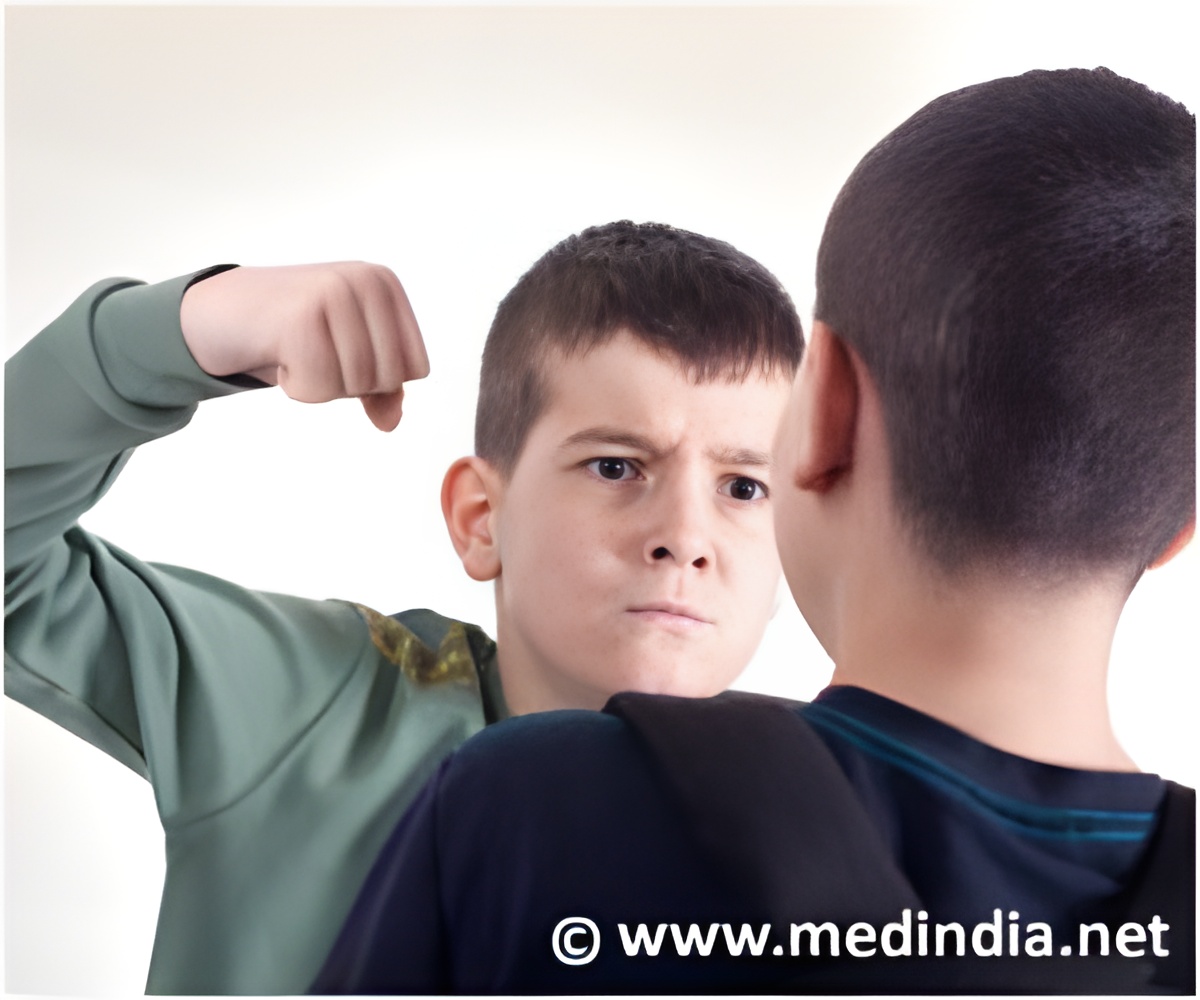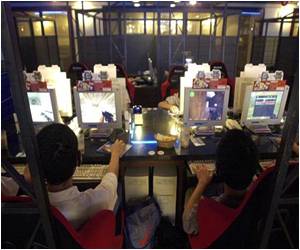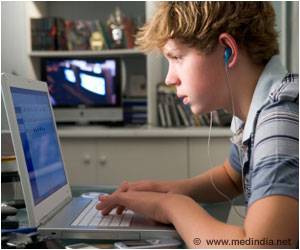Cyber-bullying that starts and stays online is no more emotionally harmful to youngsters than in-person harassment may actually be less disturbing.

Although technology-only incidents were more likely to involve large numbers of witnesses, they were least likely to involve multiple perpetrators, the study found. Also, while technology-only incidents were likelier to involve strangers or anonymous perpetrators, this appeared to be less distressing to youth than harassment by schoolmates and other known acquaintances. Lead researcher Kimberly J. Mitchell said that technology-only incidents were less likely than in-person only incidents to result in injury, involve a social power differential and to have happened a series of times.
Mitchell added that mixed episodes, those that involved both in-person and technology elements, were more likely than technology-only episodes to involve perpetrators who knew embarrassing things about the victim, happen a series of times, last for one month or longer, involve physical injury and start out as joking before becoming more serious. It is these mixed episodes that appear to be the most distressing to youth.
The findings suggest that technology by itself does not necessarily increase the seriousness and level of distress associated with peer harassment, instead data indicated that factors such as duration, power imbalance, injury, sexual content, involvement of multiple perpetrators, and hate/bias comments are some of the key factors that increase youth distress, said co-author Heather Turner. The study is published in APA’s journal Psychology of Violence.
Source-ANI










